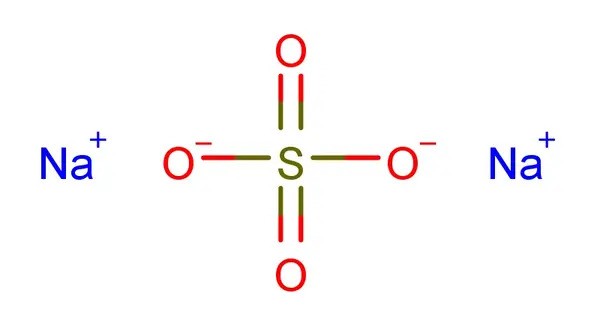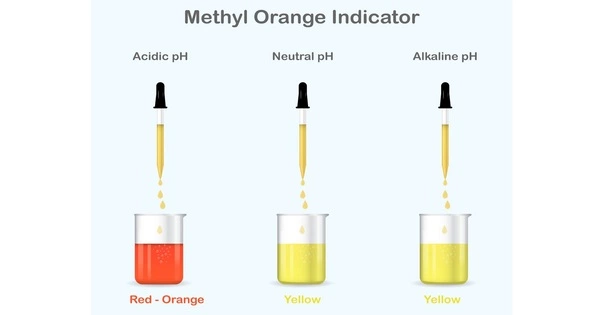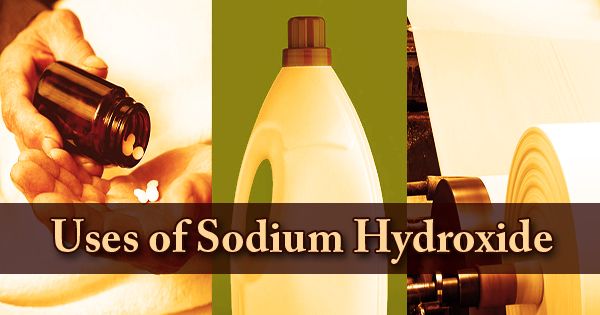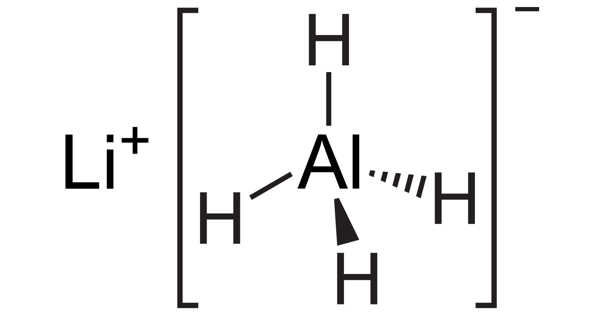Sodium alketh sulphate is a sodium salt of a sulfated polyethylene glycol ether, derived from fatty alcohols with 10-16 carbon atoms, typically sourced from coconut or palm kernel oil. It known prior to being renamed in 2021 as sodium pareth sulfate, and also as sodium alkylpolyoxyethylene sulfate, is a surfactant found in some detergent products such as hand or body washes, but not as commonly as other chemicals such as sodium laureth sulfate (SLES). It is the sodium salt of a sulfated polyethylene glycol ether. It is an anionic surfactant commonly used in personal care products like shampoos, soaps, and body washes.
It functions as a detergent, emulsifier, and foaming agent, effectively cleaning skin and hair by reducing surface tension, allowing oil and water to mix. It enhances foam quality, increasing volume and stability. In February 2021, the Personal Care Products Council announced a revision of INCI nomenclature that included replacement of the term “pareth” with “alketh” in all INCI names, affecting hundreds of INCI names.
Properties
Sodium alketh sulfate is synthetic, biodegradable, and generally safe for cosmetic use, though it may cause skin irritation in high concentrations or with prolonged exposure, particularly for sensitive skin. Its aquatic toxicity is notable, with invertebrates being most sensitive, especially to C14 chain lengths.
- Chemical formula: CH3(CH2)n(OCH2CH2)mOSO3Na
- Molar mass: Variable
- Appearance: Typically a pale yellow solid or thick liquid with a faint detergent odor. It mixes well with water and may produce soap-like bubbles.
- Solubility: Highly soluble in water, producing solutions with moderate concentrations of hydroxide ions and a pH greater than 7.0, indicating basic properties.
- Viscosity: Ranges from low (<300 centipoise at 25°C) to moderate (<12,000 centipoise at 25°C), depending on the formulation.
- Stability: Stable in alkaline pH environments but incompatible with cationic surfactants due to the formation of complexes that reduce effectiveness.
Safety and Toxicity
Human Safety: Generally safe for use in cosmetics at low concentrations, though it can cause skin and eye irritation if not formulated properly. The Cosmetic Ingredient Review (CIR) Expert Panel has concluded that sodium alketh sulfate and related compounds are safe when formulated to be non-irritating, with concentration limits (e.g., ≤1% for prolonged skin contact for related compounds like sodium lauryl sulfate).
Environmental Impact: Alkyl ether sulfates, including sodium alketh sulfate, biodegrade easily but can be toxic to aquatic organisms, particularly invertebrates, with toxicity increasing with alkyl chain length (C14 being the most toxic). Environmental release primarily impacts soil and water, with soil being affected three to four times more than water.lubrizol.comen.
















